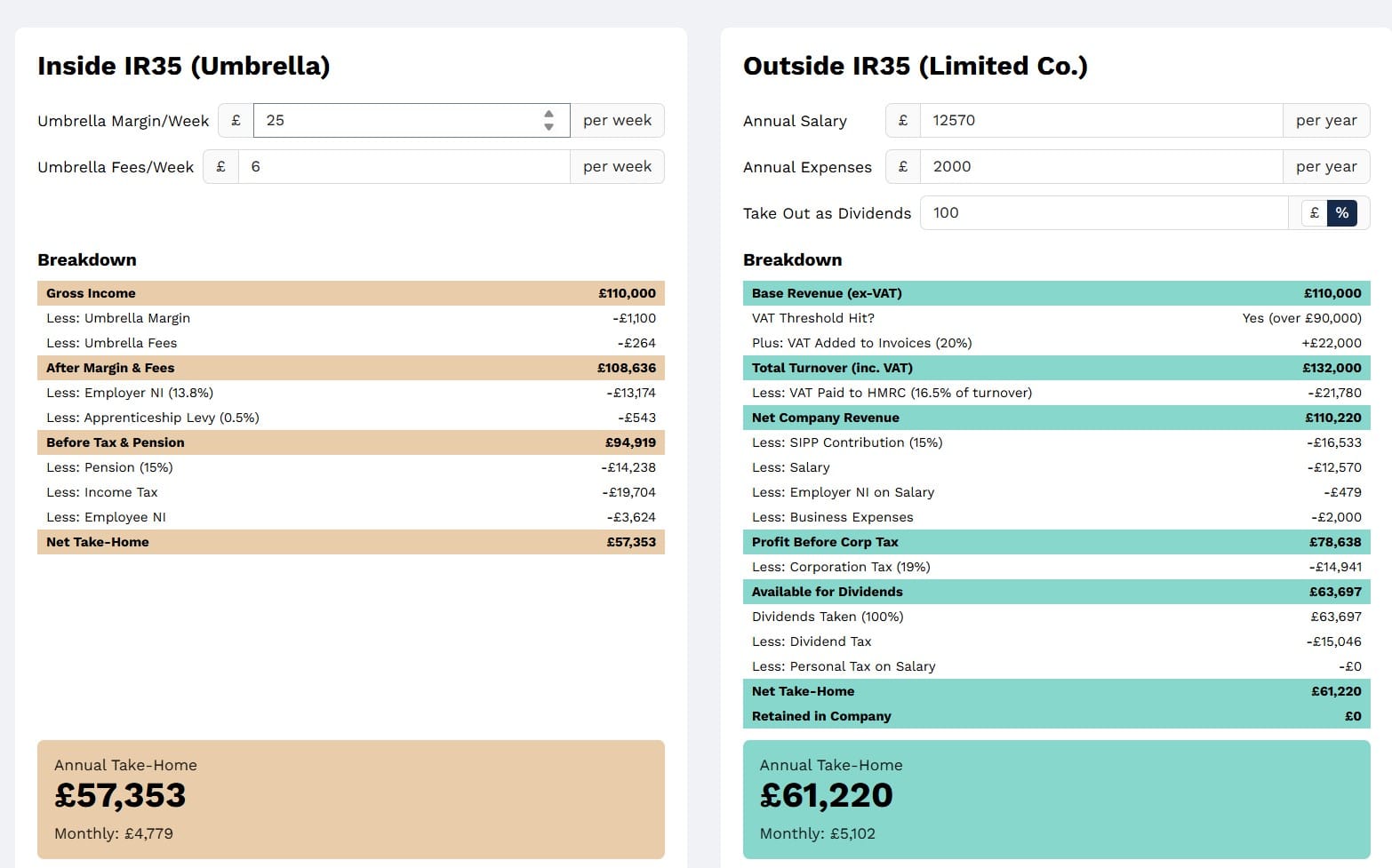Scaling Your Side Hustle: Financial Tools Every UK Freelancer Should Know About

Many freelancers in the UK begin their journey with a side hustle, whether it’s the urge to turn a creative hobby into income or the desire to complement their main earnings. As the gig economy blossoms, scaling a side hustle to a full-time enterprise is becoming increasingly common. For those in this position, understanding the right financial tools available in the UK can make all the difference. This article will delve into some key financial tools and considerations that every UK freelancer should be savvy about.
Embracing Digital Banking Solutions
The first step in scaling your side hustle is often getting your finances in order, and digital banking platforms can be invaluable. Challenger banks like Monzo or Starling Bank offer business accounts that are particularly suited for freelancers. They provide features such as instant purchase notifications, easy expense categorization, and seamless integration with accounting software—perfect for keeping an eye on your expanding transactions.
Advantages of Digital Banking for Freelancers
- Low or No Monthly Fees: Many challenger banks offer business accounts with no monthly fees, which is an added advantage for freelancers just starting to scale.
- Expense Management: Automatic sorting of transactions into categories like travel, office supplies, etc., helps you track and manage your spending better.
- Integration with Accounting Tools: Direct integration with accounting software simplifies financial management and tax preparation.
Accounting Software: Your New Best Friend
Keeping track of invoices, expenses, and tax obligations can quickly become overwhelming—enter accounting software. Popular options like QuickBooks and Xero are designed for small businesses and come equipped with features to track your finances efficiently.
Why Accounting Software is Essential
- Streamlined Invoicing: Automate invoicing and keep track of outstanding payments, allowing you more time to focus on your work.
- Expense Tracking: Capturing expenses on the go means more accurate financial records.
- Tax Preparation: Many platforms offer tax estimation features, which can help ensure you're putting aside enough for your Self Assessment tax bill.
Here's a comparison table of key features for QuickBooks and Xero:
| Feature | QuickBooks | Xero |
|---|---|---|
| Pricing | Competitive | Competitive |
| Ease of Use | User-friendly | User-friendly |
| Mobile App | Available | Available |
| Invoicing Tools | Extensive | Extensive |
| Integration Options | High | High |
Find more details about accounting software options suitable for freelancers on the Gov.uk Self-Employed Accounting Advice.
Cash Flow Management: Apps and Solutions
Effective cash flow management is crucial for any freelance business. Tools like Float and Fluidly integrate with your accounting software to predict future cash flow and help manage finances better.
Benefits of Cash Flow Tools
- Forecasting: They provide insights into your cash forecast, allowing for better financial planning.
- Scenario Planning: These tools help you assess what happens to your cash flow based on different business scenarios.
- Alerts: Some applications offer the ability to set alerts to prevent cash shortfalls.
Tax Implications and National Insurance Contributions
Understanding Income Tax Rates
It's crucial for freelancers to comprehend how their income is taxed. The tax bands for the 2024/25 tax year in England, Wales, and Northern Ireland are as follows:
| Tax Band | Income Range | Rate |
|---|---|---|
| Personal Allowance | Up to £12,570 | 0% |
| Basic Rate | £12,571 to £50,270 | 20% |
| Higher Rate | £50,271 to £125,140 | 40% |
| Additional Rate | Over £125,140 | 45% |
Freelancers in Scotland should note that rates differ, and checking the latest Scottish income tax brackets is advisable.
National Insurance Contributions
Be aware of the reduced main rate of National Insurance for the 2024/25 tax year, set at 8%. It applies to Class 4 contributions, impacting self-employed freelancers significantly. Staying abreast of these changes helps in accurate financial planning.
Looking Ahead: Secure Your Future
As you scale your freelance business, don't forget about retirement planning. The UK government offers the Self-Invested Personal Pension (SIPP), giving freelancers more flexibility with pension contributions and investment choices. Providers like Nutmeg or PensionBee offer platforms tailored for freelancers to easily manage their pensions.
Growing your side business into a sustainable full-time career involves strategic financial decisions. Utilising the digital financial tools available in the UK can make this transition smoother and more efficient. From digital banking and accounting software to cash flow management and understanding tax obligations, these tools provide the structure you need to thrive. As you continue on your freelancing journey, stay informed and proactive in your financial decision-making—your future self will thank you.




